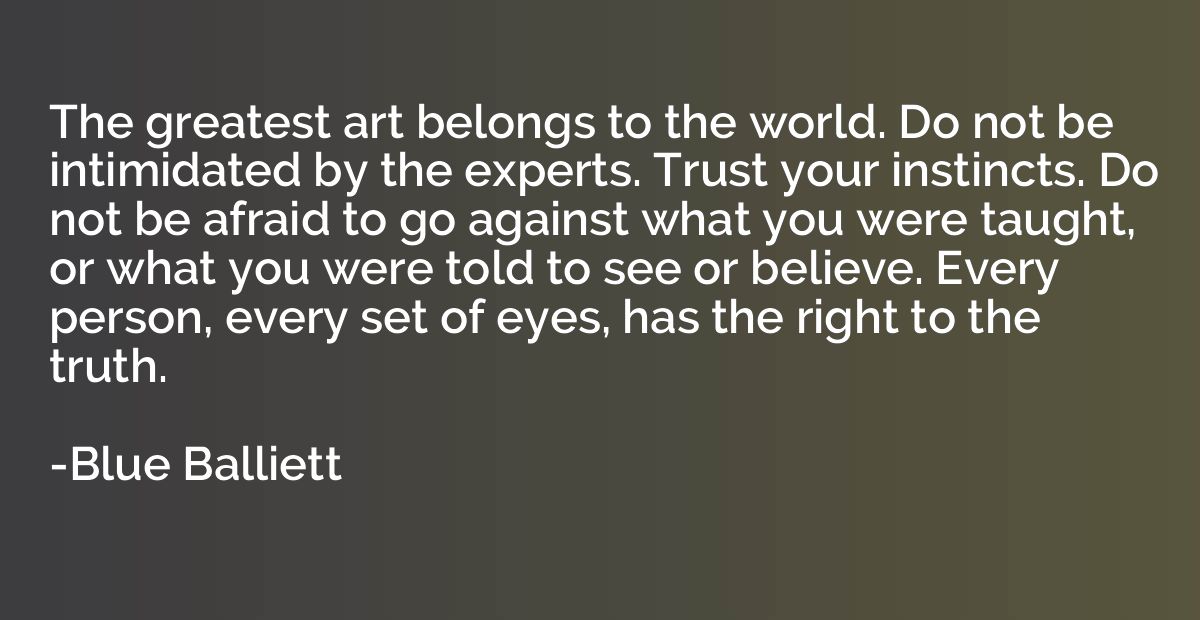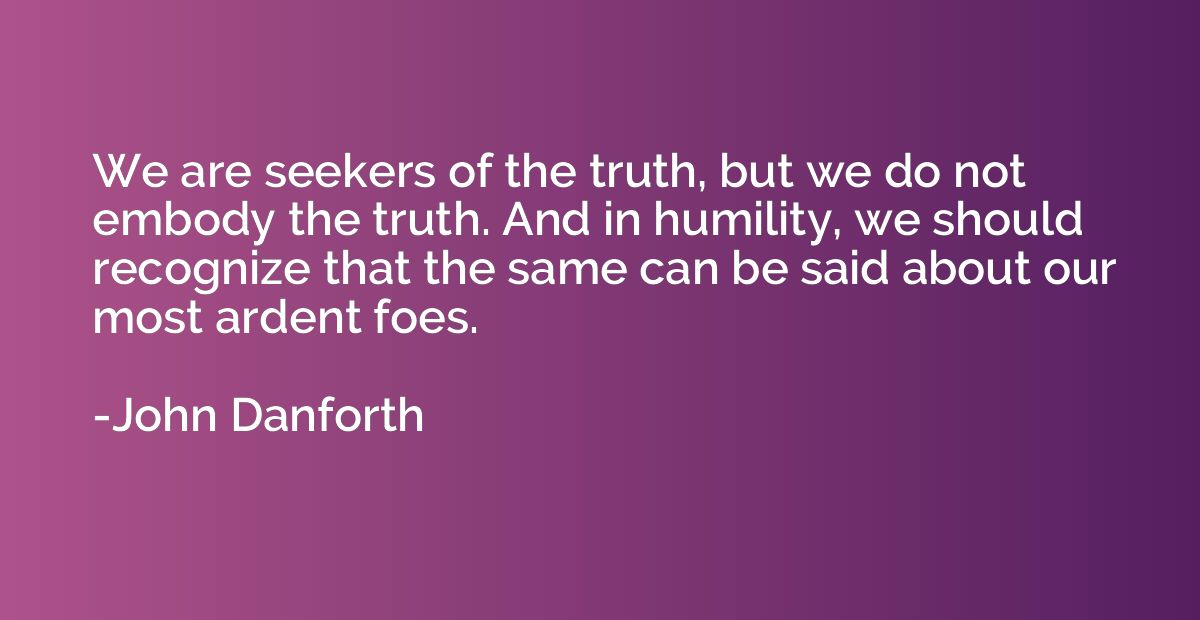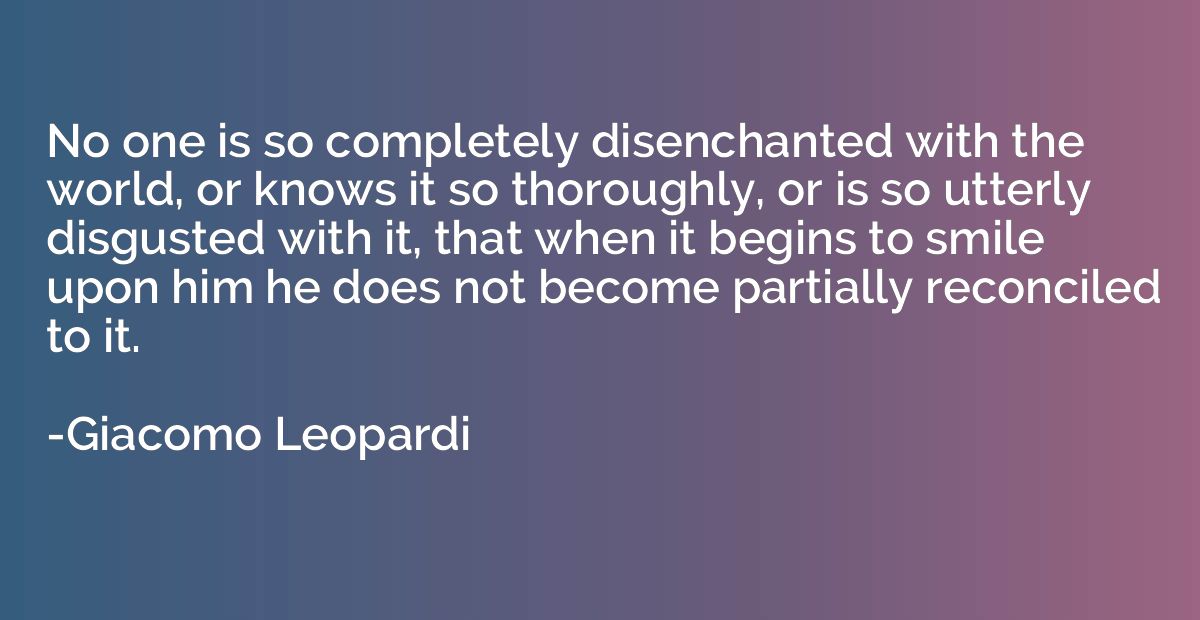Quote by James Brown
I used to think like Moses. That knocked me down for a couple years and put me in prison. Then I start thinking like Job. Job waited and became the wealthiest and richest man ever 'cause he believed in God.

Summary
This quote reflects a personal transformation and shift in mindset. The speaker suggests that they used to think like Moses, possibly implying a mindset of taking matters into their own hands, which led to negative consequences and imprisonment. However, they then started thinking like Job, who exemplified patience and trust in God in the face of adversity. By adopting Job's mindset, the speaker suggests that they were able to experience growth and prosperity. This quote highlights the power of faith and a change in perspective in influencing one's life trajectory.
Topics
God
By James Brown














